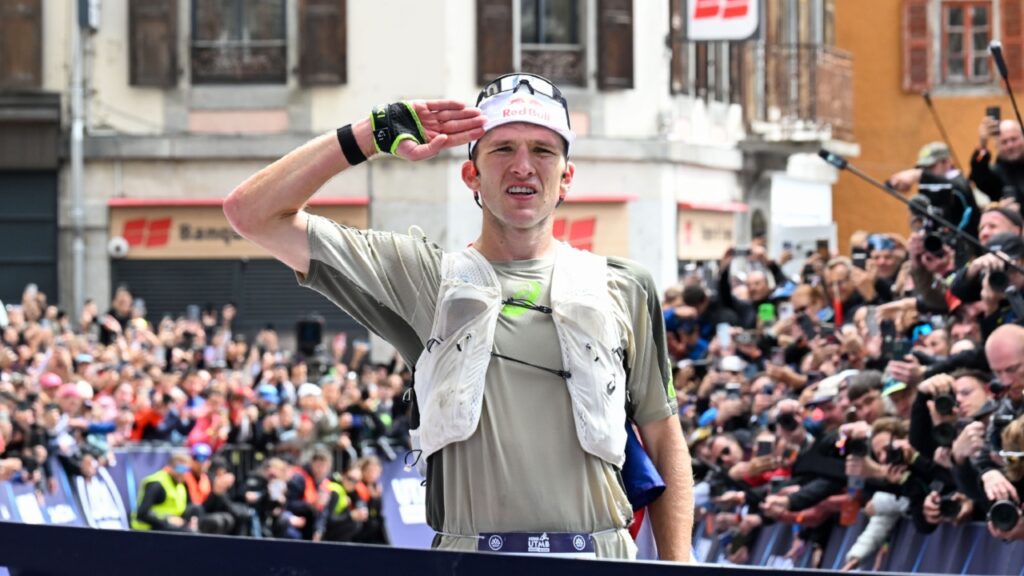Recent developments in the world of ultra-trail running highlight the efficacy of a balanced mindset and strategic training, as evidenced by Tom Evans’ performance in the UTMB 2025. Achieving victory in the prestigious Ultra-Trail du Mont-Blanc race, Evans illustrated not only the crucial physical preparedness but also the profound psychological shift that can make a significant difference in an athlete’s performance.
After enduring DNFs in the previous two years, his triumphant finish this year reflects a transition in both his training and mental approach. In the highly competitive environment of ultra-trail racing, the ability to learn from past missteps is invaluable. Evans acknowledged that his philosophy centered around understanding failure as an opportunity for growth. This mindset is essential for athletes who frequently face the multi-faceted challenges of racing in mountainous terrains.
Evans credits some of his improved performance to his collaboration with a sports psychologist over the past year. Mental preparation is often overlooked in favor of physical conditioning, but the mental fortitude gained from such teamwork can be critical for navigating the unique stresses of ultra events. Additionally, becoming a father provided him with fresh perspectives on priorities, emphasizing happiness at the starting line and dealing with psychological hurdles calmly.
The race conditions themselves were a testament to the unpredictable nature of mountain ultras. The mixture of snow, rain, and heat throughout the race required Evans to adapt his strategies in real-time. Understanding how to adjust to abrupt environmental changes while maintaining focus on pacing and hydration is paramount. The demanding course was a reminder that ultra-trail running often pits athletes against nature’s fickle temperament, and successful participants need a robust plan for varying weather and trail conditions.
In the buildup to the UTMB, Evans highlighted a specific training regimen that proved pivotal: uphill repetitions while wearing a weighted vest. This approach allowed him to develop muscular endurance, which is crucial for the steep climbs often found in mountainous races. The incorporation of both tempo runs and recovery hikes into training not only enhances physical capabilities but also allows for better race-day pacing strategies. By integrating heavy uphill efforts with lighter recovery descents, athletes can simulate race-day dynamics more effectively, preparing them for the balance of speed and endurance needed to conquer challenging elevations.
Evans’ reflection on the race day reinforced the importance of holistic preparation—physically, mentally, and emotionally. The reliance on family support was evident in his comments about what fueled his motivation during the race. Acknowledging that ultra-running is a team sport may provide further mental clarity and a sense of community. Establishing a supportive network can mitigate the isolating aspects of training and racing, reminding athletes of their reasons for pursuing such demanding events.
The broadening spectrum of ultra events, including significant trials like the Spine Race, is a reminder of the community’s evolution. These races challenge even seasoned athletes, offering venues to test and stretch endurance limits. The focus on long-distance racing in varied terrains demands that runners carefully consider their gear choices. Innovations in lightweight, durable materials can enhance performance and recovery but also require thorough testing during training to ensure reliability under race conditions.
For experienced ultra-trail runners, Evans’ insights underscore the necessity of presenting a united front, balancing both physical and mental facets of preparation. The tactical approach surrounding pacing, gear, and pacing decisions cannot be overstated. Additionally, drawing from personal experiences to iterate on past races can help develop robust strategies moving forward.
An essential takeaway from Tom Evans’ recent experiences at UTMB is the importance of a measured and reflective approach to training and racing. As athletes immerse themselves in the complexities of ultra-trail racing, embracing the duality of physical readiness and mental resilience can enhance both performance and the overall racing experience. Where preparation meets a clear understanding of personal imperatives, runners can find their most effective path to success in mountain ultras.
